
One year ago I was presented with a copy of the book Justice Denied, authored by Dr. David Klatzow, undeniably one of the few independent forensic scientists I have ever met.
I have known Dr. Klatzow for nearly a decade. During that time, we have interacted on professional and personal grounds. We have argued and counter-argued over many issues. We have laughed and vexed each other more times than I can remember. I know things about him that I don’t like, but the thing that keeps drawing me back to his practice is his candidness.
The first time I met this bully of a scientist, he annoyed me and I let him know as much. I had gone to consult him on a ballistic matter, where a state pathologist had argued in court that one could be shot on the head with a 9mm bullet and still be able to drive himself or herself to hospital for treatment.
Dr. Klatzow shook his head and dialed a number. He stretched his right hand to press a ‘record’ button on his desk just before a voice said ‘hallo’ over the speakerphone. “Prof, David here … What is the possibility of driving yourself to hospital with a 9mm round shot to your head?” Clearly he was very familiar with the ‘Prof’ on the line. “David, you know the answer to that, why do you ask?” “Because you are a top neurosurgeon,” said Dr. Klatzow.
The top neurosurgeon said something like ‘to answer you, there is little chance of you calling a pre-programmed number on your phone, though it would also depend on the distance from the shooter’. I am not quite sure whether this was the verbatim response as, I must confess, I was taken aback and couldn’t for a moment grasp the neurosurgeon’s words. I had gone to this scientist to pick his brain and there he was baiting another professor I did not even know. As a journalist, I wanted to be able to quote a real person, and not ‘an unknown professor who told Dr. Klatzow’. Most importantly, I needed to understand this aspect of my investigation. A man’s freedom depended on what I could gather.
After this meeting there were many trips between Dr. Klatzow’s practice, my office and house. Over the period, I got to understand how he works, and he helped me crack the 9mm case. The person who had been convicted based on erroneous evidence given by a quack pathologist ultimately earned his freedom.
I cannot claim to be an expert on ‘David Klatzow’, as there are people who know him better. The number of hours I have spent consulting him, if they were billable, would have rendered me broke. At this point I would like to declare that our relationship would not influence my review of his work.
When I got a copy of his second book – his first was Steeped in BLOOD– it was somewhat problematic to commence a comprehensive review. Justice Denied is like a reference book. What does one concentrate on? Everything Dr. Klatzow has written about in this book illustrates how compromised the justice system is. The book tackles a combination of issues. I have read and re-read it, yet I still can’t fathom why we haven’t learned from history – from the 1859 errors of Dr. Alfred Swaine Taylor to Bruce Bartholomew (the shoe-print expert in the State v. Van der Vyver case).
I found it odd, though, that he selectively named people mentioned in the book, but I suppose that could have been at the behest of his publisher. Justice Denied is plainly about failures of the judicial system. But it could also be one of those books judges, prosecutors and attorneys keep within their reach to avoid displaying their inadequacies on matters to do with science.
Dr. Klatzow begins the book by going into the history of science as used in the justice system, or the lack thereof. What role should science play and what has it not been playing? On reaching the last chapter, one would be excused for declaring ‘but that is not rocket science! Everyone should know that’. Unfortunately, not every expert appreciates that being called an expert is a privilege and not an opportunity to join the ivory tower of academia.
In the chapter ‘guns for hire’, Dr. Klatzow documents numerous cases where ‘experts’ are hired by litigants to strengthen cases. In criminal cases, there are instances where state experts are presented to the court with the sole purpose of proving the guilt of the accused. The defense also brings in their own experts to argue the innocence of their paying clients at all cost. These contrary views of experts when presented to a lay bench would leave even the most honorable judge more confused.
As Dr. Klatzow puts it, the system is the same the world-over. Those with disposable financial resources to spend on ‘experts’ stand better chances of winning. In one recent case, a professor authoritatively claimed that her client was suffering ‘Generalised Anxiety Disorder’, and for that he could be excused for the killing of his girlfriend. For weeks, the disorder issue occupied news media. Another (true) case of an overzealous expert in pathology comes to mind. He desperately tried to demonstrate that a murder victim had committed suicide by carrying a full 20 litre container of accelerant, his walking stick, a jacket and a firearm up a rocky hill where he then shot himself in the head before dousing himself with the accelerant and lighting a match. The pathologist proceeded to declare the death a suicide. One judge who was hearing this matter commented, “doctor, aren’t you lucky all your patients are all already dead?”
So, why are these experts easily believed?
In the book’s introduction, Dr. Klatzow provides some insight; “Within my first few cases with one of the insurance giants, I had their claims manager telling me what he wanted in my report. I refused, and the work from this insurance company dried up in an instant.” Had Dr. Klatzow wanted to make the Forbes’ rich-list, he would have played along. He argues that playing along to the client’s desires and needs is not science. If an ‘expert’ allows himself or herself to be directed by a scientifically illiterate manager, then the report would be quack science.
Unfortunately, courts around the world easily accept such quacks and their claimed expertise because many judges are scientifically illiterate. It is common practice for these experts to spend much of the time allocated for their testimonies outlining their qualifications and scholarly achievements – a tactic intended to silence doubting judges and jury.
I reached for my copy of Justice Denied again recently when I came a cross an affidavit sworn by one such expert in the form of Prof. Marc Blockman.
Blockman was asked by the South African Revenue Services (SARS) to help defend its decision to tax an importer of herbal medicines under food imports rates.
For nearly two decades, Wings Herbal Synergy cc had been importing what others would regard as Oriental medicines, into South Africa from China and Australia. The decision by SARS to change the classification of the products would put the business in a financial predicament, as food products attract more in duties. The director of the company, Toren Wing, strongly objected to the re-classification and the higher duties.
In his affidavit that was filed at the Western Cape High Court(Case No. 2714/2010), Blockman started by stating his academic qualifications; “I am a specialist clinical pharmacologist and a professor in the clinical pharmacology division of the Department of Internal Medicine, Faculty of Health Science at the University of Cape Town.”
UCT is ranked top in Africa and among the top 200 universities of the world, so shouldn’t one of its leading professors be an expert on herbal medicine? Just to confirm how academically qualified he was and still is, Blockman attached his detailed CV marked ‘MB1’. MB1 has since conveniently disappeared from the high court files.
Before delving into Prof. Blockman’s declared expertise, I must disclose that I personally have a history with this UCT professor.
Our first interaction was in 2011 when I was looking into the questionable recruitment of subjects for a clinical trial that was being conducted by a UCT-based clinical trials NGO, Desmond Tutu HIV Foundation. The trial, FACT 001, focused on the Tenofovir 1% gel as a microbicide to combat HIV.
My investigation found discrepancies in various claims peddled by the researchers led by Dr. Linda-Gail Bekker during their recruitment drive. The researchers had claimed the gel had proved effective in an earlier trial and the young women (who were being enticed into the trial with offers of food vouchers) faced very little risk. This was highly unethical, and hence my seeking out Prof. Blockman in his capacity as the Chair of UCT’s Faculty of Health Science Human Research Ethics Committee.
During my visit, the professor maintained that everything was above board. But when I pointed to him how the ‘informed-consents’ were being obtained especially in instances where the recruits could not even understand the language, he promised to seek clarification from Dr. Bekker. Unfortunately my report was ‘spiked’ and with that Blockman committee’s were not exposed.
However, early this year I was vindicated when the results of a questionable trial, cleared by Blockman and his team, were disclosed. In brief, the trial found that there was no difference in the HIV infection rate in young women given the gel and those who were on placebo gel.
(CLICK HERE FOR THE FACT 001 ABSRACT AND SEVERAL OTHERS)
I had another opportunity to interact with professor Blockman during our investigation on the use of Amiodarone, a heart rhythmic drug, by an Italian NGO to treat Ebola. We needed his expertise, but the professor’s response was more telling that he knew; “There is a lot written regarding its use etc. Please can you send me the data you have used for this inference?” We provided him with as much information as we could and that was the last we heard from him until his name popped up on the court papers in the SARS/ Wings Herbal Synergy dispute.
In this matter, SARS was not ready to change its mind as doing so would reduce the collectable duty they expect from Wings Herbal Synergy cc and most likely other herbal products importers. They brought in Prof. Marc Blockman to confirm the position that the products had zero ‘therapeutic’ and ‘prophylactic’ properties.
His now missing CV must have documented his own properties and qualifications:
- Chair – Faculty of Health Science Human Research Ethics Committee
- Chair – Groote Schuur Hospital Pharmaceutical Advisory Committee
- Member – Medicines Control Council
- Member – National Essential Medicines List Committee
- Executive Member of the Provincial Pharmaceutical Advisory Committee
The professor’s submission comprised several pages providing definitions of various words and terminologies. He then added some few papers that are easily available online, but with very little relevance to the seventeen products imported by Wings Herbal Synergy. Any judge reading the report in the form of affidavit would only appreciate how highly educated the deponent is.
His conclusion read exactly what SARS had wanted to communicate:
“I have searched the published literature for clinical evidence reflecting robust published peer-reviewed clinical evidence and safety regarding the clinical efficacy of the (final) products (- not one or more of their constituents -) in issue, but could not find any.”
What are the chances that the professor’s ‘search’ was selective? The oriental (herbal) medicines, just like African herbal medicines, have been in use for centuries before modern medicine came along. Did his search include literature in Mandarin or Japanese?
He then repeated what SARS had already told the directors of Wings Herbal Synergy cc: “In view of the fact that there were no robust, published peer-reviewed clinical trials (as per the consideration above) available for the products themselves, it cannot be concluded that they have any therapeutic and/or prophylactic efficacy.” Consequently, SARS declared the products foodstuffs.
But this company’s problems did not end there. Two state agencies had contradicting assessments of its products. The Medicines Control Council, where Prof. Blockman draws allowances as a member, has maintained that the products have medicinal properties and the directors of the company risk being prosecuted should they declare them as anything other than medicines.
So Blockman as a member of MCC tells the importer that his products are medicines but as a private consultant for the Receiver of Revenue, he declares the same as food.
This is the often-repeated conflict Dr. Klatzow exposes in his book. One cannot claim to be an expert when his expertise is readily interchangeable depending on who is paying the bills. I must also note that this particular expert for hire also teaches clinical pharmacology students.
I contacted Prof. Blockman (for the last expert opinion uSpiked and myself would seek from him). I wanted to know whether he still stands by the opinion he presented to SARS that confirmed the Agency’s position that the imported herbal products were food. I also wanted to know whether he had disclosed to SARS of his involvement with the Medicines Control Council and the Council’s position on the same products.
In an email response, which he commenced by declaring ‘Without Prejudice’ he stated:
“You will note that SARS and the MCC have different definitions as regards a medicine and in all my reports and discussions I have acknowledged this difference. My recommendations do not influence these.” Really! If SARS has a different definition, then why did they need his expertise?
Knowing that some faculty members claim not to have enough time to attend to the large number of students being enrolled at the universities, I had asked the professor whether he notified the UCT senate about his engagement with SARS.
“I do not have to consult with the University senate committee regarding this work and I am fully entitled to do this work as part of my RWOPS contract with the Province.” RWOPS is Remunerative Work Outside the Public Service.
Prof. Blockman can easily abandon his students to attend to private consultancy, which is plainly motivated by the fees on offer. There would have been nothing wrong with the professor sharing his knowledge as long as the opinion he dished is consistent. In this case, he simply provided what the client wanted.
I have motivated uSpiked to buy a copy of Justice Denied for the professor. A signed copy of the book is on its way to his UCT office and I trust that it will help him to be a better ‘expert’ witness in the future.



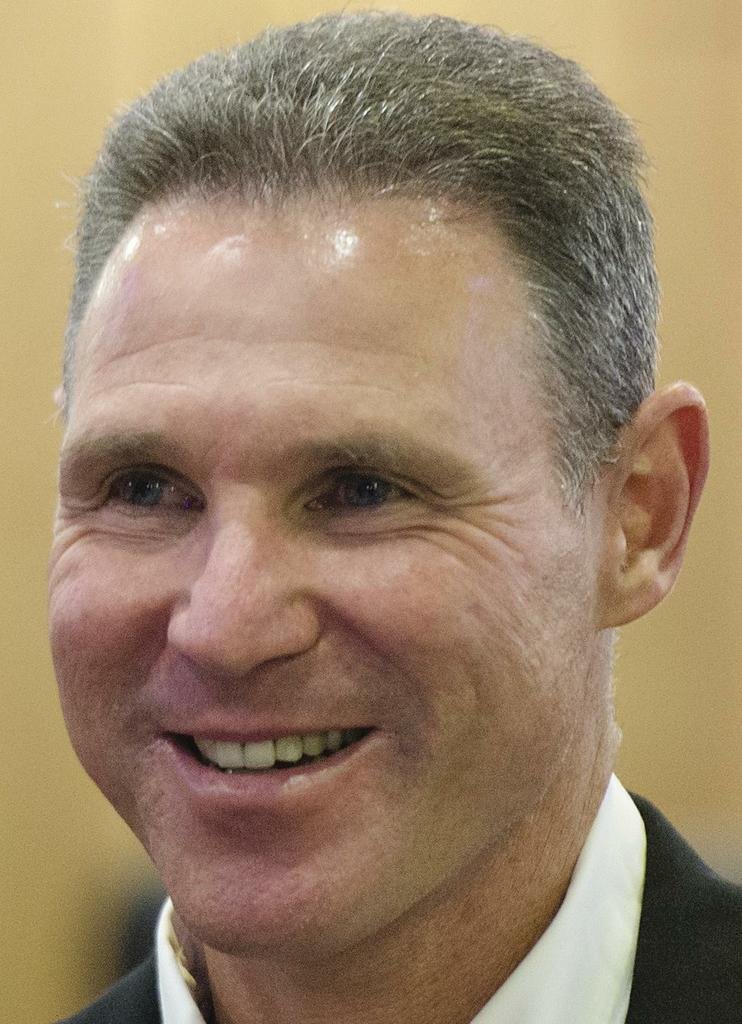

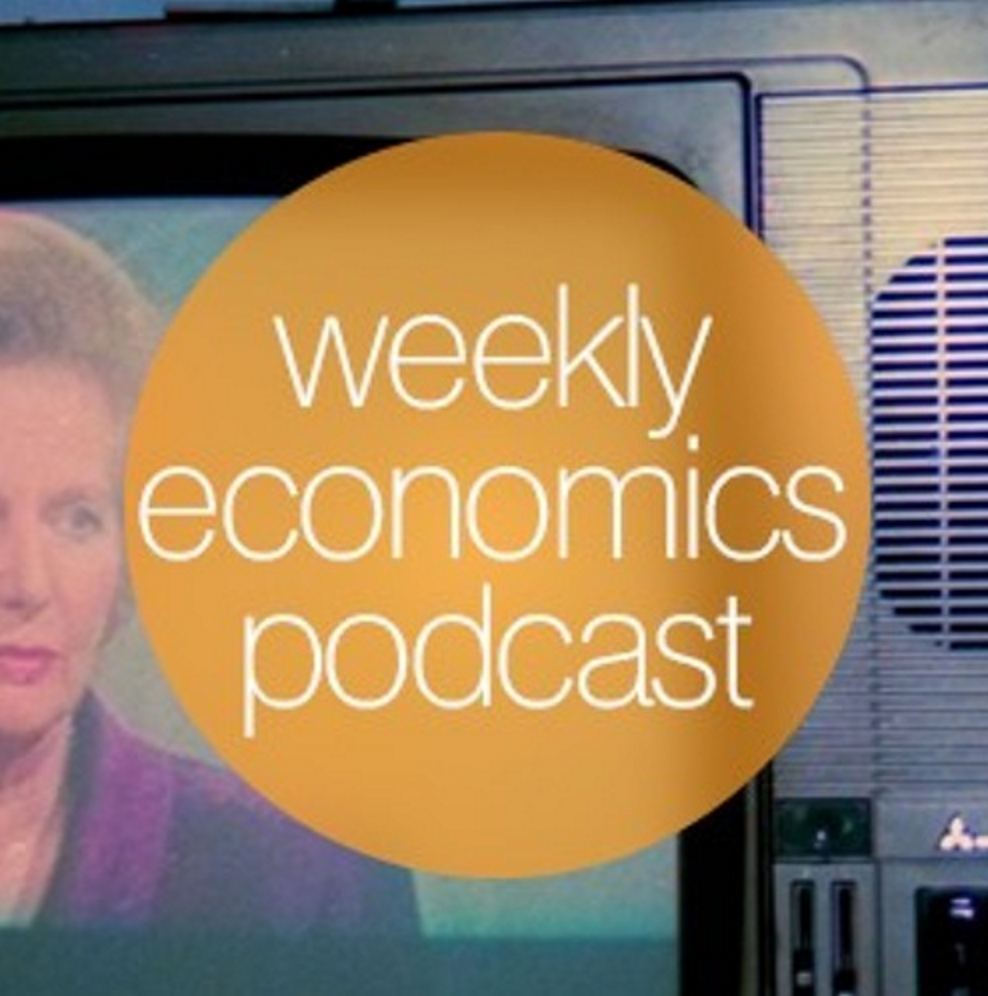


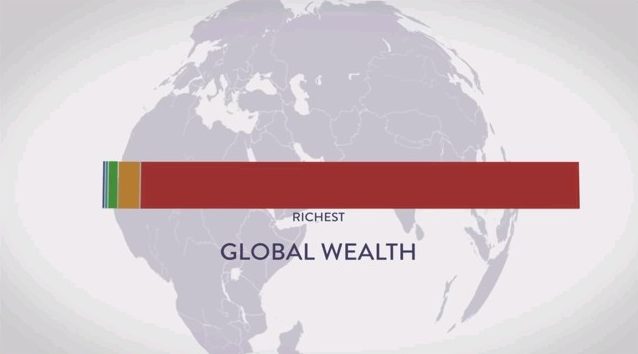
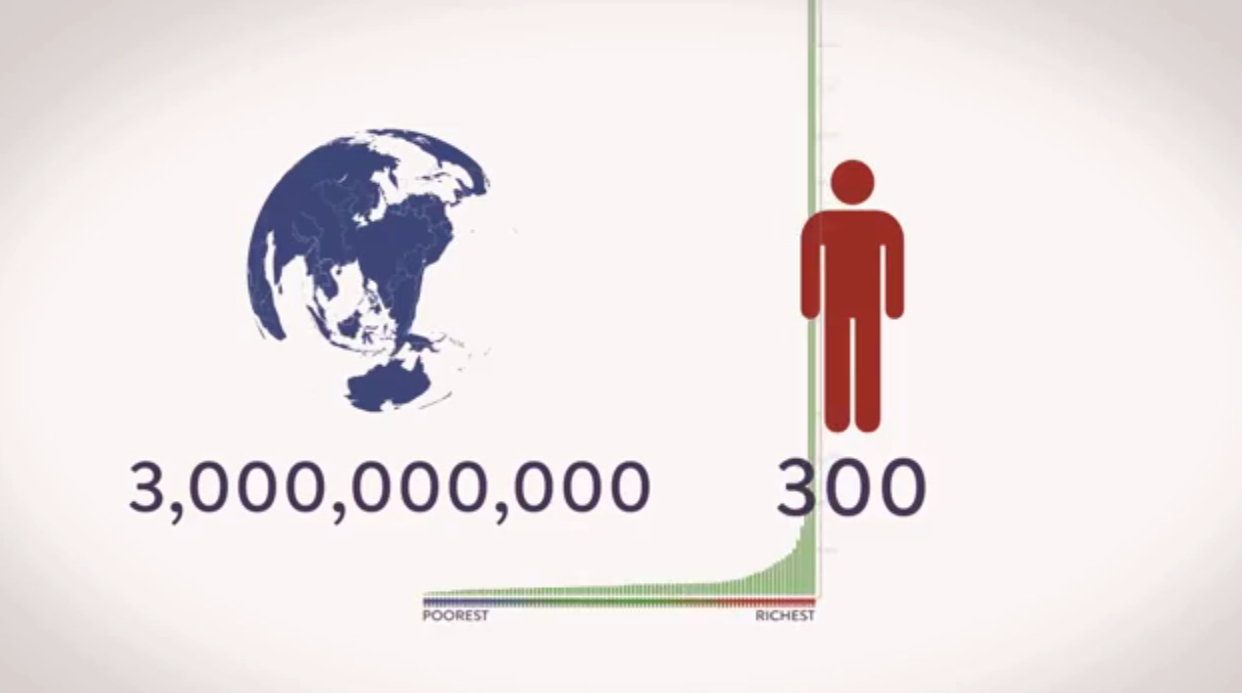
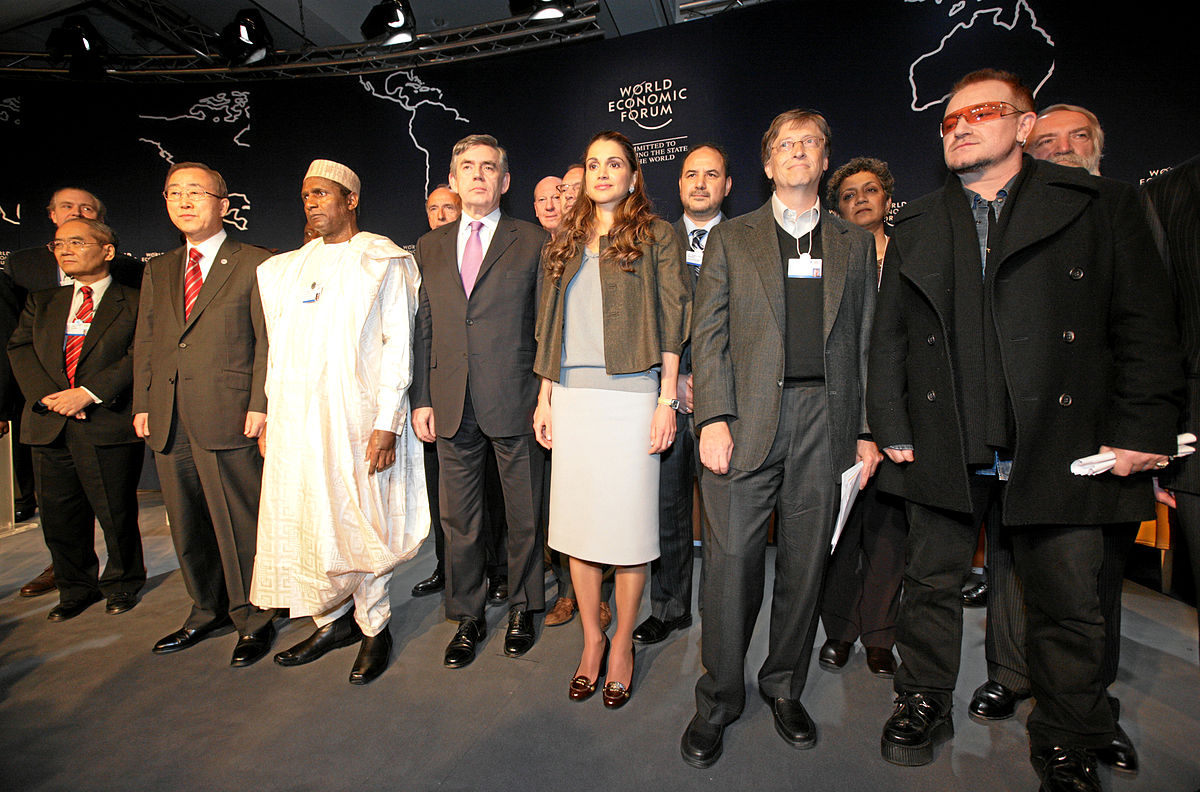
Leave a Comment